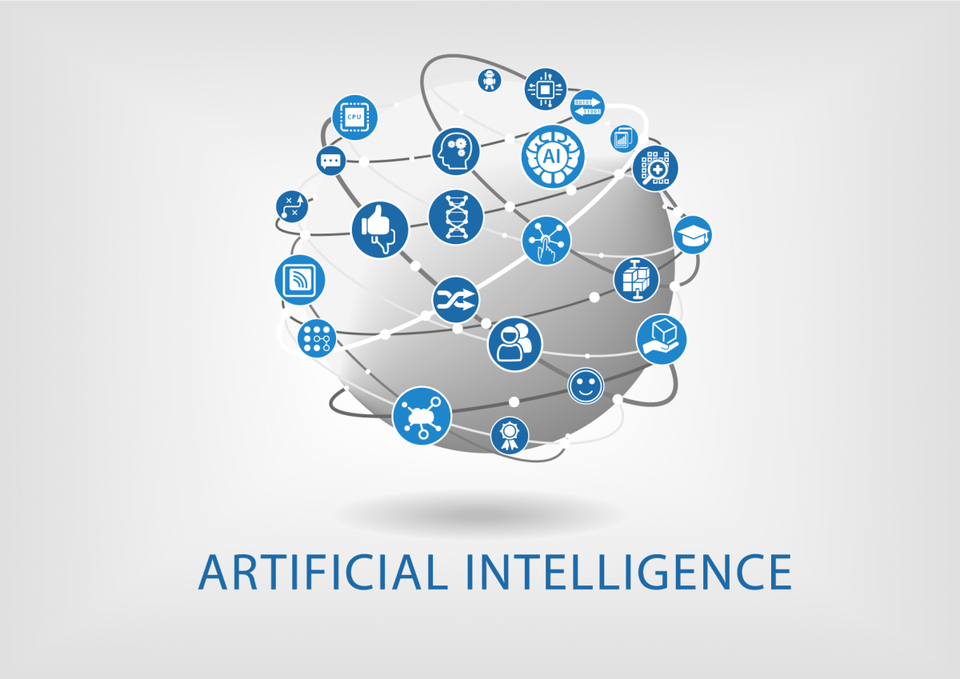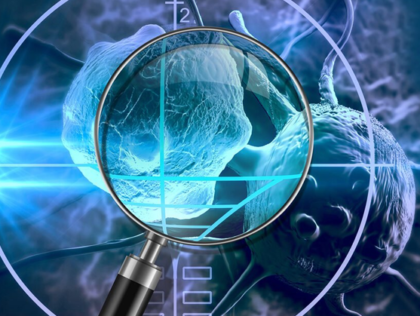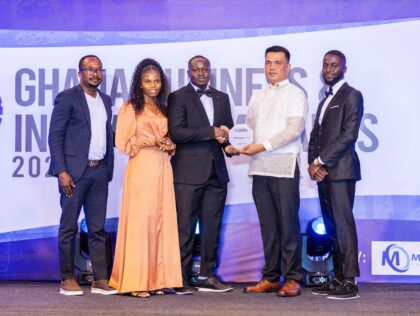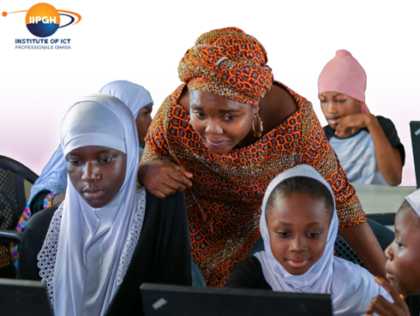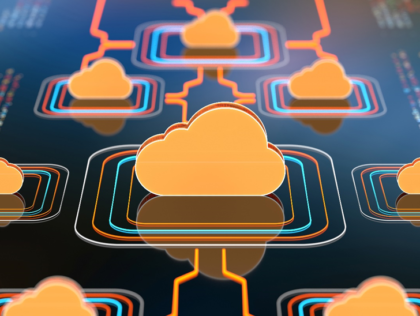For most people, artificial intelligence (AI) is about robots; about some complex technology that is far away from them. This is true especially for people living in developing countries where there is a huge technology gap. However, AI can still be implemented in the developing country context. While we do not yet have the infrastructure to venture into driverless cars and we find most AI innovations coming from North America, Europe, and Asia, AI technology can play a huge role in achieving sustainable development. I present here three areas where AI can be used to transform our country.
Agriculture
For many years, the agriculture sector has been the backbone of Ghana’s economy. Despite the decline in the contribution of agriculture to Ghana’s Gross Domestic Product (GDP), the sector continues to contribute significantly. In 2016, agriculture contributed 18.9% to Ghana’s GDP. It is indeed Ghana’s largest employer, employing about 44.7% of the labour force in 2013. Therefore, it is important that we give agriculture more attention.
The application of AI to agriculture can assist our farmers to analyze weather conditions, temperature, water usage, and soil conditions in real-time. This will lead to better decisions and higher yields. Also, AI can aid in the detection of pests, diseases, and poor plant nutrition. Furthermore, AI can be used to create forecasting models that will improve productivity. Drone technology together with computer vision and deep learning algorithms can help capture and analyze images from farms to discover problems and offer solutions to improve these farms. Startups like KaraAgro AI are already offering these services in Ghana. Chatbots can also play the role of agriculture extension officers by providing farmers with advice.
Healthcare
Over the past two decades, Ghana’s healthcare expenditure has increased significantly due to the investments in healthcare facilities and the introduction of a national health insurance system. However, these financial investments are still inadequate, and the health workforce and facilities are still limited. As of 2014, life expectancy had improved from 60.7 to 64.8 years but there has been an increase in non-communicable diseases and its corresponding increase in health cost.
AI offers solutions that can augment the existing health infrastructure and help to make adequate use of the health workforce. While the use of AI in healthcare requires strong regulatory standards to avoid errors that will endanger lives, they are been used elsewhere to enhance healthcare. In fact, I even know young Ghanaians who are working on AI solutions for the health sector. While we are not ready for AI-assisted robotic surgery, we can deploy virtual nursing assistants to answer questions and provide quick answers to patients. These virtual nursing assistants can reduce unnecessary hospital visits and offer regular communication between patients and health facilities. Moreover, AI can be used to aid clinical judgment, medical diagnoses, and image analysis. If the examples given seem too advanced, at least we can start automating administrative tasks in our hospitals using AI.
Education
With the implementation of the free Senior High School educational policy in Ghana, our tertiary educational institutions face the huge challenge of admitting all qualified school leavers as our educational facilities were already overstretched prior to the implementation of this policy. The obvious alternative for me is the introduction of online studies to complement classroom instruction. However, the COVID-19 crisis exposed the preparedness of our educational institutions to offer quality online education. Scanning notes and sharing them on Google classroom, in e-mails, and on WhatsApp is not effective.
The integration of AI in digital learning can assist students with administrative tasks and enhance their learning experience. While the application of AI for administrative tasks often requires human intervention, IPsoft’s Amelia provides an example of AI systems that mimic the best elements of human interaction. Designed properly, AI systems will have several advantages over human teachers. They can be used by a lot of students at the same time. They can also adapt the teaching to the needs of the individual. Moreover, they will be available at any time.
Conclusion
To harness the transformative power of AI, we need to focus on removing the barriers to AI adoption in Ghana. We need a digital skills strategy that pays attention to training in emerging technologies such as Artificial Intelligence, Data Science, and Software Engineering. Also, as part of the government’s digitization drive, we need to put in the necessary technology infrastructure that will help us to collect, store, and process data. We need to reduce the manual collection of data, especially in our healthcare facilities. Data is the lifeblood of Artificial Intelligence. Therefore, making quality data openly accessible especially in areas such as agriculture, health, and education will lead to inclusive and sustainable local AI innovations. Finally, policymakers must work with big corporations, startups, civil society, and academia to create policy frameworks that encourage innovative and ethical local AI solutions.
Kuuku Sam is Advisor, Artificial Intelligence for Sustainable Development at GIZ and Executive Member, Institute of ICT Professionals, Ghana.
For comments, contact email kuuku.sam@iipgh.org | Mobile +233274333510

